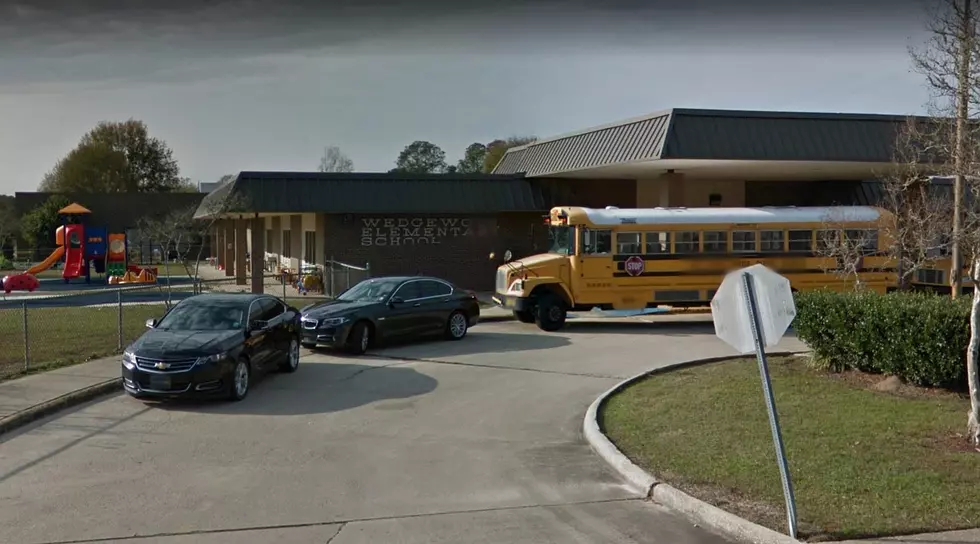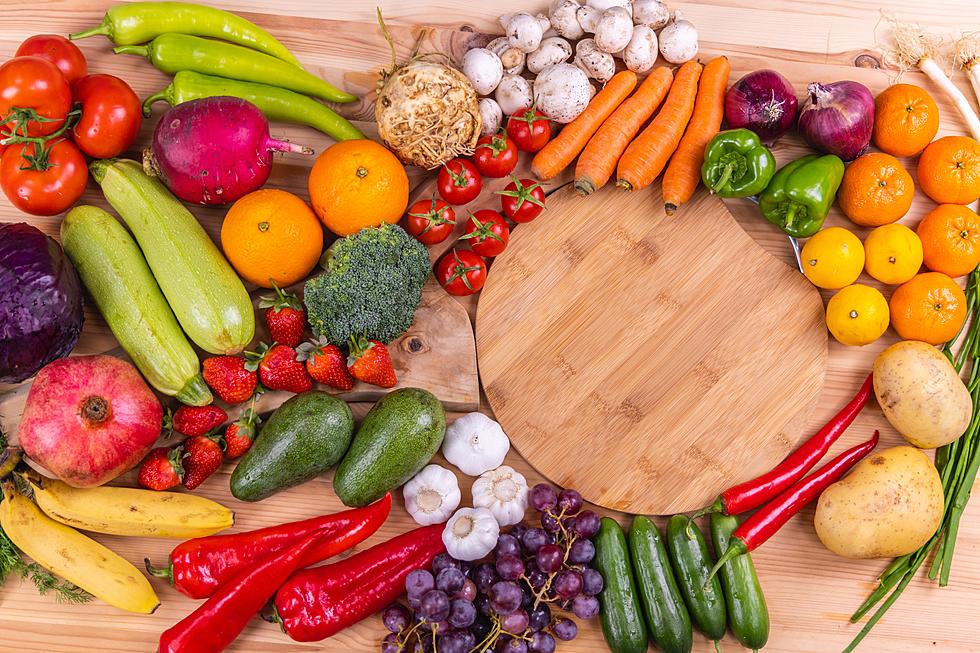
Coronavirus Pandemic: Are You Experiencing Survivor’s Guilt?
The Coronavirus Pandemic has been difficult for most of us and has impacted all of us in different ways. For some individuals that have experienced loss during this time such as the loss of a job, financial stability, a loved one or the loss of expectation of how you envisioned 2020 to look, this loss may have caused a lot of trauma.
But, what about those who have not been severely impacted by COVID-19 and are actually doing just as well or better than before the pandemic began?
"My heart goes out to those that have experienced loss in whatever severity but I want to address those that have NOT experienced a great deal of loss during this time," says Hannah Comeaux, a Licensed Professional Counselor and Marriage and Family Therapist. "This is geared towards those that may be feeling Survivor's Guilt. The Pandemic may not have been extremely hard on you, but you know others that have lost a great deal. What if you had COVID-19 and you survived but you know of others who have lost their life? This can also cause a sense of guilt."
Who May Experience Survivors’ Guilt?
Hannah Comeaux: "Some people think of Survivor’s Guilt as veterans that have seen their friends die and they were able to come home and make it out alive. But, anyone that has survived something that someone else has not could experience survivor's guilt. It comes with shame and a sense of a loss of worthiness.
Example: Why did I survive, and they did not? What could I have done to help this person or prevent this? How have I been able to coast through the economy and not feel it? How am I still working and there has been three rounds of layoffs?"
What Can Survivors Guilt Cause?
Hannah Comeaux: "Survivor's Guilt can cause shame or a sense of unworthiness. A sense of failure or anger. It can cause someone to develop depression or trauma/PTSD. It can cause you to isolate from others. It can cause addiction or an attempt to numb the pain with substances and other things. Unprocessed emotions can cause emotional and/or physical issues. Emotions that are not properly processed is like trying to digest food that get stuck in your chest and will not go down. Unprocessed emotions can cause, depression, anxiety, and physical illness such as a variety of health problems."
How Can You Counteract Survivors Guilt?
1) Challenge Your Thinking. Ask yourself who is responsible for this. Rationalize your emotions by talking it out. What could you have really done to prevent it? Chances are by challenging your feelings and thoughts, you will realize it was not your fault and it's not your guilt to carry.
2) Do Something Good for Someone Else. Pay it forward. If you survived a tragedy, how can you live your life in a meaningful way that will make that person you lost proud? How can you have a positive impact for others? If you know someone that lost their job and is currently struggling to make it, give them a gift card, bring them grocery shopping to help their family meet basic needs. Whatever you can do to help.
3) Practice Self-Care. Healing takes time and survivors guilt and grief will come in waves. Some days you feel fine and other times it can hit you like a ton of bricks. Days that you need to slow down and take care of yourself, do that. Implementing self-care is a daily process of taking care of both your mental and physical health. Daily exercise, healthy eating, practicing mindfulness and practicing coping skills will help to lower your stress.
4) Practicing Gratitude. What do you have to be grateful for? It shifts our perspective from a negative mindset to a positive one.
Hannah Comeaux was a guest on OFFSIDES with Brandon Comeaux and Shannon Wilkerson. You can listen to her discuss this issue by CLICKING BELOW:
More From News Talk 96.5 KPEL









